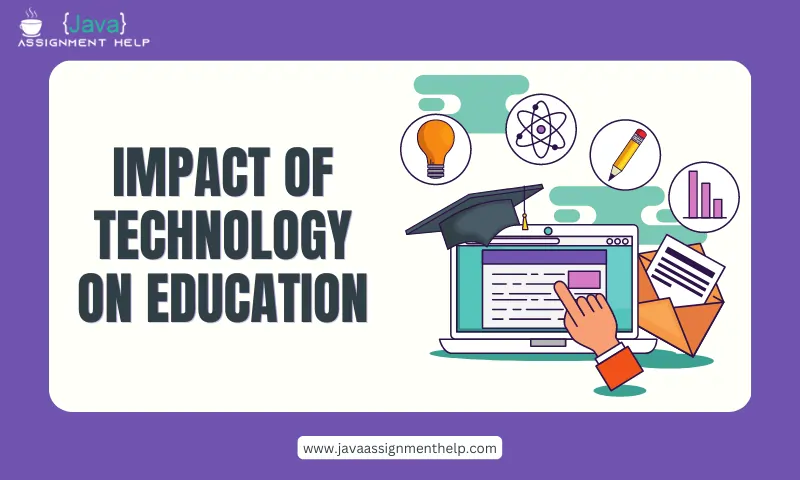The liberal arts have been a cornerstone of higher education for centuries. These disciplines, which include humanities and social sciences, focus on developing critical thinking, communication, and problem-solving skills. However, in recent years, there has been a growing emphasis on STEM education and technical skills in higher education. Despite this, the liberal arts are still essential components of a well-rounded education.
Developing Critical Thinking Skills
One of the primary benefits of studying liberal arts is that they develop critical thinking skills. These disciplines require students to analyze complex ideas, question assumptions, and develop evidence-based arguments. These skills are essential for success in any field and are highly valued by employers.
Understanding Human Behavior and Society
Another significant benefit of studying liberal arts is gaining a deeper understanding of human behavior and society. The humanities, which include fields such as literature, history, and philosophy, allow students to explore the human experience and understand the world from different perspectives. Similarly, the social sciences, which include fields such as psychology, sociology, and anthropology, help students understand how societies function and how individuals interact within them.
Communication and Writing Skills
Liberal arts also provide opportunities for students to develop communication and writing skills, which are essential for success in any career. Humanities courses often require students to write essays, which help develop research and writing skills. Social sciences courses often require students to give presentations or engage in group discussions, which help develop oral communication skills.
A Well-Rounded Education
Finally, liberal arts provide a well-rounded education that prepares students for success in all aspects of life. The critical thinking, communication, and problem-solving skills developed through the liberal arts are essential for success in any career. However, they are also essential for success in personal relationships and in navigating the complexities of the modern world.
Conclusion
In conclusion, the liberal arts play a crucial role in higher education. While there has been a growing emphasis on STEM education and technical skills, the liberal arts are still essential components of a well-rounded education. They provide opportunities for developing critical thinking, understanding human behavior and society, and developing communication and writing skills. Ultimately, a well-rounded education that includes the liberal arts prepares students for success in all aspects of life.



